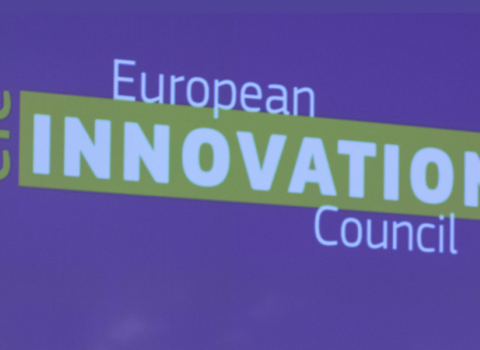
The Manchester Manifesto calls for a reassessment of the current system of patents and intellectual property, saying it needs to change because it excludes poorer people from access to essential medicines and expertise.
Profit should not override the needs of the public, says a group of 50 signatories led by moral philosopher John Harris and Nobel Prize-winning biologist John Sulston, both from the Institute for Science, Ethics and Innovation at Manchester University, UK. Joseph Stiglitz, Nobel Laureate and Chair of the Brooks World Poverty Institute at Manchester University, is also among the signatories.
Sulston, who was the leading light of the public effort to sequence the Human Genome, has been a vocal critic of the patenting by the US biotech Myriad Genetics of two genes closely associated with breast and ovarian cancer. He received the Nobel Prize for Medicine in 2002.
Launching the manifesto Sulston said it shocks many people when they realise that even genes fall under intellectual property law. “Genes are naturally occurring things, not inventions, and part of humanity’s rich heritage. We cannot restrict essential research into diseases such as cancer only to those who can afford to pay.”
The manifesto argues that the current method of managing innovation and intellectual property has an adverse effect on many impoverished people, saying, “The system is wrong: powerful states have huge influence in the way the rules are created and tailor them to their own advantage.”
The signatories are also asking western governments to increase assistance to the developing world in building the capacity to carry out scientific research.
Harris, who is the Director of Institute for Science, Ethics and Innovation says the Manchester Manifesto is a first attempt to answer the question, ‘Who Owns Science?’, “From our work, it is clear that the existing model, while serving some necessary purposes, also impedes achievement of core scientific goals. In many cases access to scientific knowledge and products has been cut off, stopping the benefits of science in its tracks.”
The system restricts the flow of information and its costly and complicated nature can hinder innovation. “Limited improvements may be achieved through modification of the current IP system, but consideration of alternative models is urgently required,” Harris said.




 A unique international forum for public research organisations and companies to connect their external engagement with strategic interests around their R&D system.
A unique international forum for public research organisations and companies to connect their external engagement with strategic interests around their R&D system.